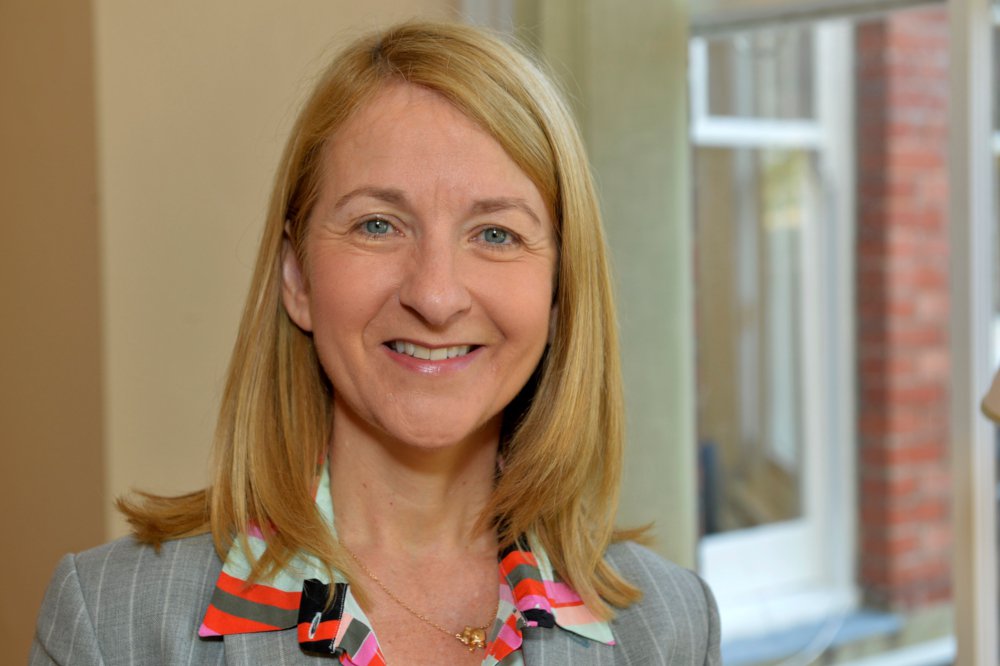
Home Office money totalling £78,000 has been invested in a Sussex-wide programme to help parents in Sussex understand why their children may be troubled — and develop ways to overcome the problem.
The money's been obtained by the county's Police and Crime Commissioner Katy Bourne, and comes from the Home Office's "Youth Endowment Fund".
According to the commissioner's office, the new programme is in the light of a poll of more than 2,500 parents with children aged five to 18, conducted by Public Health England (PHE).
It found that two thirds (69%) said their child's behaviour had negatively changed since the start of the pandemic and 22% did not know what action to take to support and intervene.
The programme, called "Teen Aid", is run by Changing Chances, an organisation specialising in helping young people who are struggling at home, school or elsewhere within the community.
They are one of the core partners in the PCC's REBOOT scheme, a five-stage early intervention youth programme in Sussex that has worked with 1099 children over the last year and continued virtual 1-1 coaching support in lockdown.
According to the PCC's office, 35 families have already taken part in Teen Aid, all referred because they are going through the REBOOT scheme, caring for a young person who has come to the attention of the police.
They took part in an online course as well as receiving individual support via video calls and telephone during lockdown.
The course focused on families learning about the teenage brain using a range of practical tools and visual props.
The PCC's office said that the training centres on helping parents to support their children, identifying the skills they need to manage stresses in their lives.
In detail, staff understand that they're working to develop the prefrontal cortex of the young people in question (the front part of the brain) — which manages attention control, impulse control and the ability to compromise.
They said they're teaching families that, at the age of 15/16, a young person's brain is telling them to detach themselves and become independent from their family.
They show parents how to support the young person with their independence in a safe and controlled environment, looking at whether their needs are being met and delving deeper into the reasons why they are 'acting up'.
The PCC's office claims the scheme has had a "100% success rate", with all families reporting that they feel more in control, knowing the best ways to manage their child's challenging behaviours and how to support them towards improved life changes.
Families, it's said, also reported a reduction in stress and feeling more positive about the future.
Case Study
Deborah (not her real name) lives in West Sussex with her 15-year-old daughter Sarah who has run away from home in the past and was known to the local police for causing trouble in the community.
Sarah has suffered from depression since school Year 7 and has smoked cannabis for several years.
Deborah took part in the Teen Aid programme as she was struggling to understand Sarah's behaviour and didn't know how to help her.
She said:
"It's nice to be able to find out what other people are doing, and it is good to know that you are not the only one going through it.
"It was so hard with Sarah when she was at her worst, she was out all the time doing weed with the wrong group and social media had such negative effect on her self-esteem.
"In the past, professionals have tried to blame me for my daughter's behaviour.
"There is a no blame culture with this course.
"My daughter and I get on so well now, we have come such a long way.
"Before, if she was going off on one, I'd just shut the door.
"Now I say to her that when she is ready, she can talk to me and I'll listen to her, then I say my bit and we'll come to a decision.
"Before the course, my daughter would say "I don't know why I'm doing this", now I can help her make sense of her actions.
"It's not about her being bad, it's about how she has coped with past trauma and bullying.
"Now she now tells me more about what her 'friends' are doing - she is opening up to me more.
"I am working hard on building up her confidence so she can distance herself from negative people.
"Our life is 100% less stressful.
"Before it was really getting to me and we were both so frustrated.
"Issues have really gone down, and the Police don't come around anymore.
"I understand her better and I can deal with situations when they arise, because of this, my daughter doesn't run away anymore.
"It's such a brilliant course it should be in all schools.
"There would be less serious mental health issues if this was put in place at an earlier age."
Co-Founder of Changing Chances and Teen Aid trainer Kit Messenger said:
"The parents we meet are desperate to support their teenagers to do well but often just aren't sure of the best way to do so.
"We help families to better understand their teenager's brain and learn practical ways to help their child get back on track.
"Our approach focuses not only on tackling the difficulties a young person is experiencing right now but also on building the skills they need for a successful future."
Part of the funding has also been spent on specialist training programmes for the REBOOT Youth Coaches, Prevention Youth officers and over 150 Police Community Support Officers to help them better interact with young people and provide more meaningful interventions.
REBOOT Youth Coach Helen Baxter is a huge advocate of this training.
She added:
"During lockdown I used many of the Changing Chances techniques with young people over digital platforms with great success.
"I could see the transformation in one young person week by week as he engaged in the process and I used the visual aids and resources to enhance the online learning experience for him.
"His mental health and general well-being improved a great deal scoring himself a 2 at the start of the process and an 8 at the end of it as he learnt coping strategies and better understanding of his body needs and teenage brain.
"It is a clear positive outcome for the young person and it's evidence that what we have learnt and put into practice with Changing Chances really works!"
PCC Katy Bourne said:
"We knew that lockdown and the added stresses and pressures of this pandemic were going to have a negative effect upon many people's home life.
"Teen Aid is a unique pilot programme that has given us an opportunity to find tangible solutions, backed up by science, that help families to cope and rebuild after facing years of difficulties.
"It has had a tremendously positive effect upon these 35 families, especially during the challenging last few months.
"I hope to continue this work into the future so that we can provide critical support and guidance for many others."
The group operating the "Changing Chances" programme have a website here: https://www.changingchances.co.uk/
The PCC's website has more information about the REBOOT scheme: https://www.sussex-pcc.gov.uk/get-involved/reboot/

 Man Admits To Crawley Shoplifting Spree
Man Admits To Crawley Shoplifting Spree
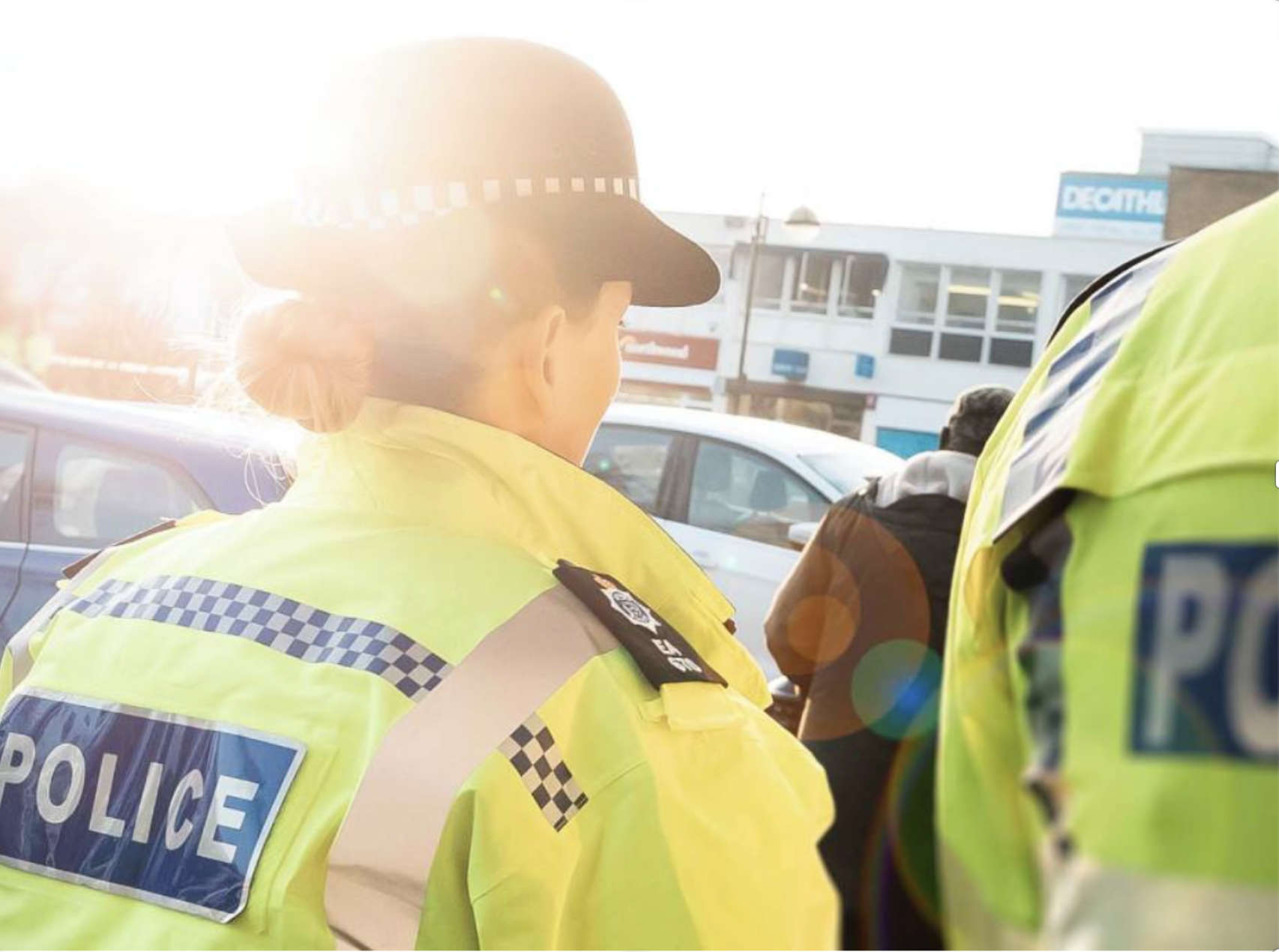 Appeal For Information After Woman Assaulted On Bus In Hove
Appeal For Information After Woman Assaulted On Bus In Hove
 Worthing Cocaine Dealer Leading Lavish Lifestyle
Worthing Cocaine Dealer Leading Lavish Lifestyle
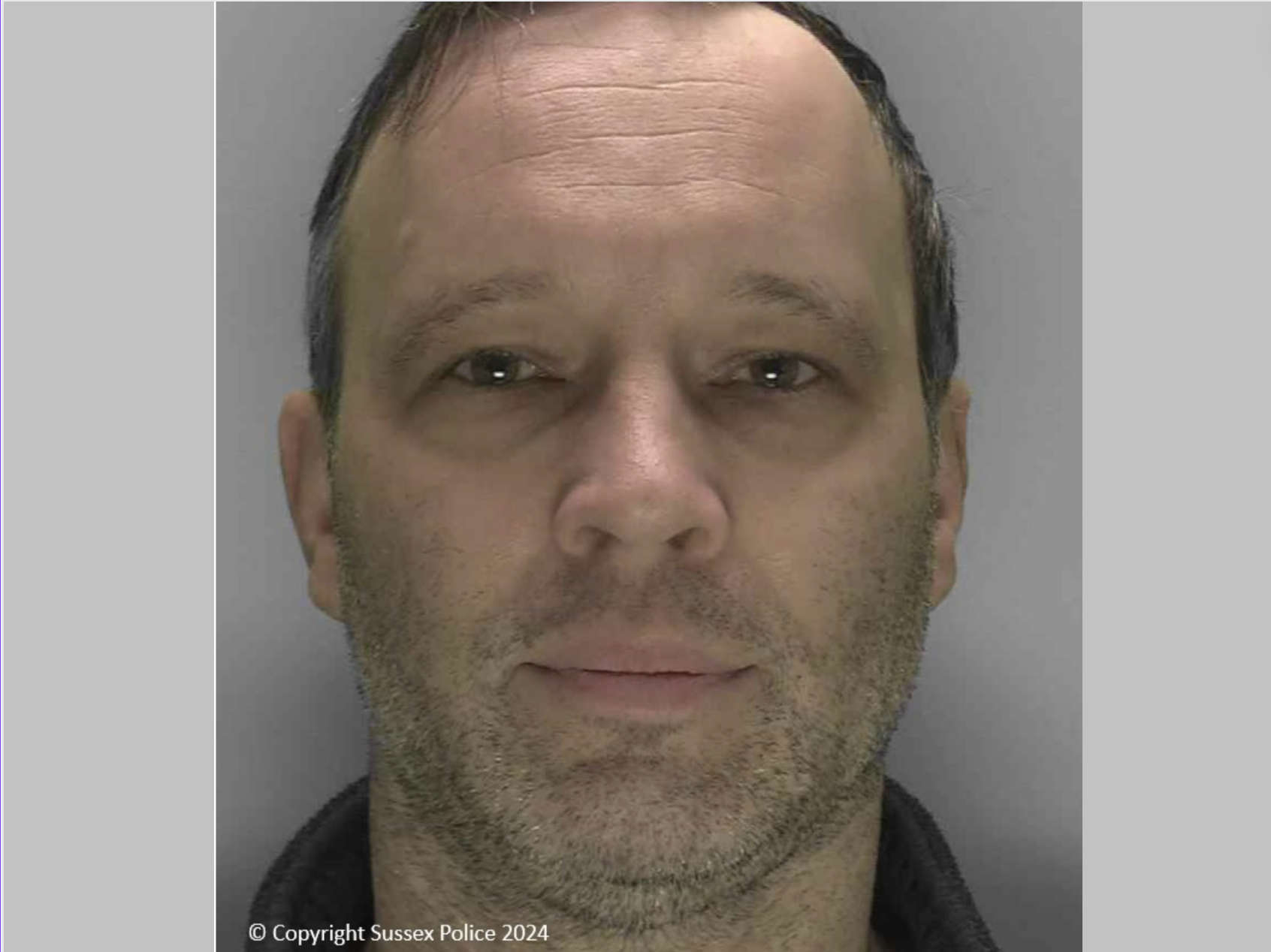 Crawley Man Jailed For Possession Of Indecent Images Of Children
Crawley Man Jailed For Possession Of Indecent Images Of Children
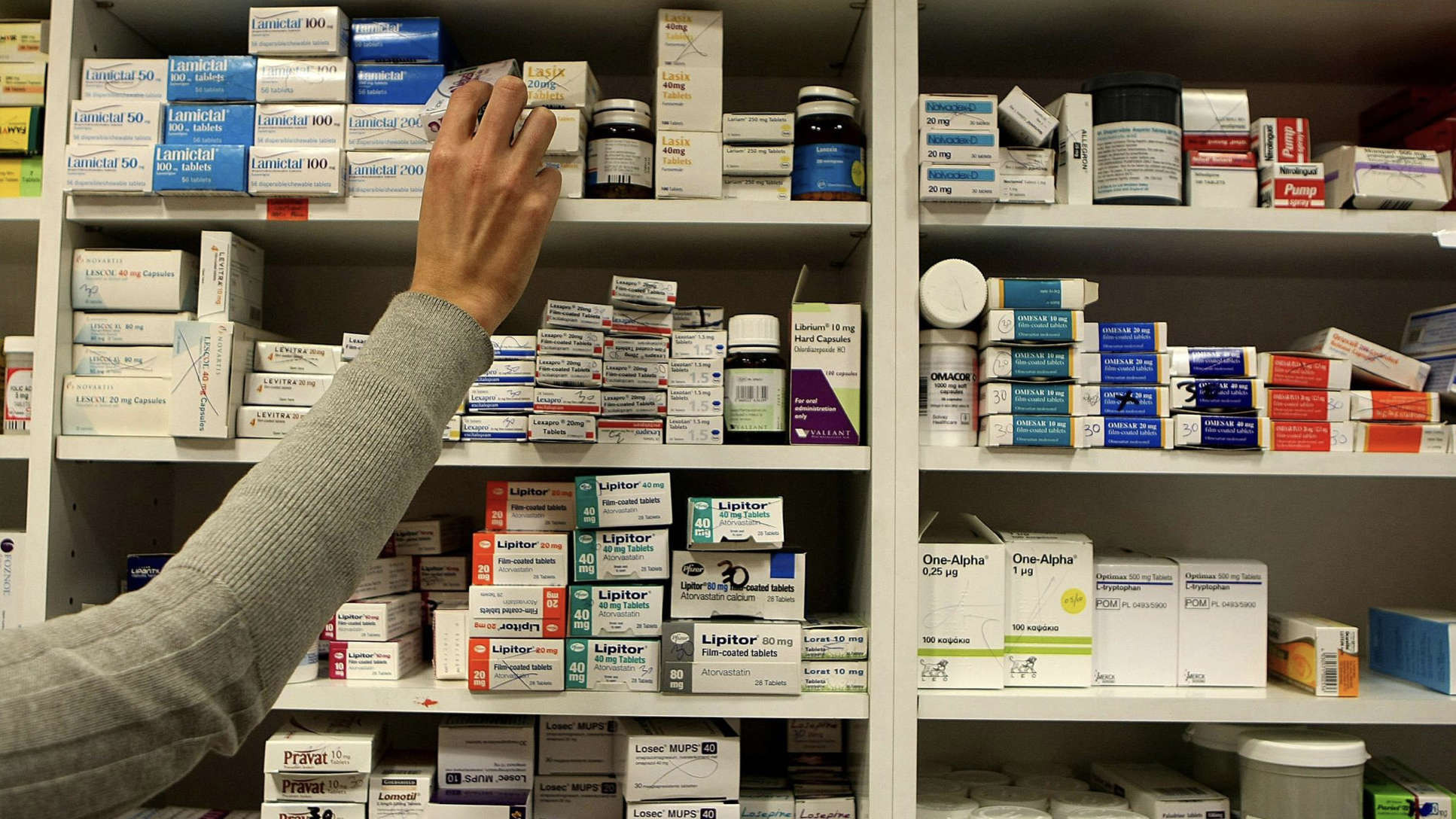 Brexit Has Made UK Medicine Shortages Worse, Research Suggests
Brexit Has Made UK Medicine Shortages Worse, Research Suggests
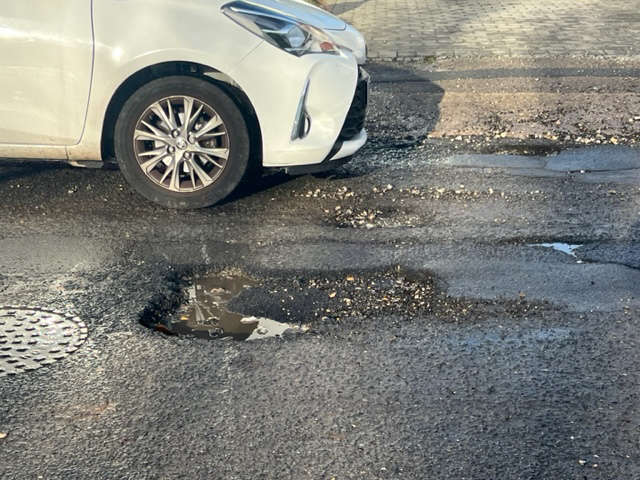 Brighton & Hove Pothole Budget Underspent
Brighton & Hove Pothole Budget Underspent
 Exhibition Showcasing Black Artists To Feature At Hastings Museum
Exhibition Showcasing Black Artists To Feature At Hastings Museum
 Environment Agency To Take Action Against Chichester Coastal Flooding
Environment Agency To Take Action Against Chichester Coastal Flooding
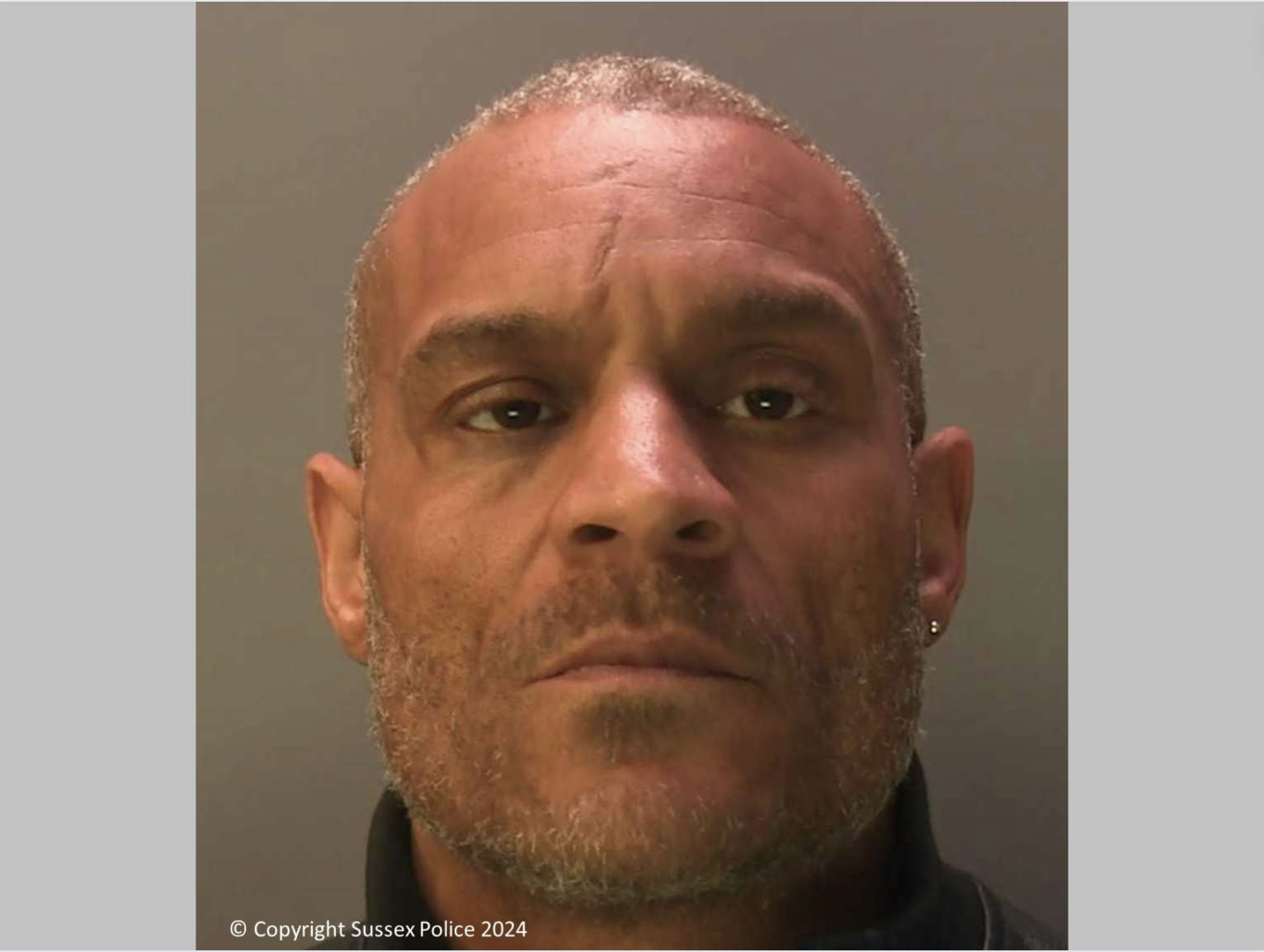 Man Sentenced After Hailsham Masked Robbery
Man Sentenced After Hailsham Masked Robbery
 Gatwick Police Officer Given Final Written Warning Following Misconduct Hearing
Gatwick Police Officer Given Final Written Warning Following Misconduct Hearing
Comments
Add a comment